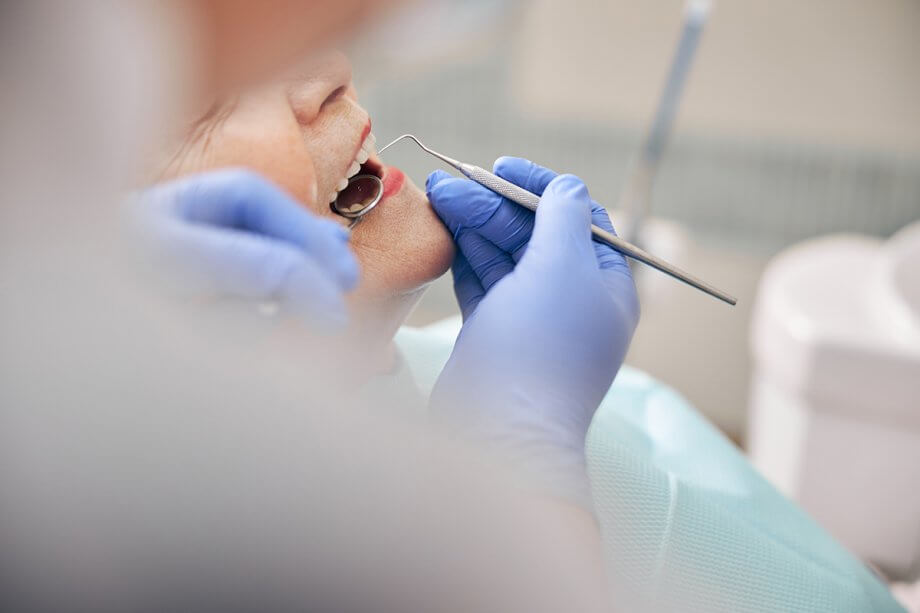When it comes to tooth replacement, dental implants are considered the gold standard. Many patients choose this option because of the long-lasting results, high success rate, and more natural look and feel. With that said, there are risks associated with any surgical procedure. Here’s a look at how specialized treatment planning can reduce the risk of possible nerve damage related to dental implant placement.
What Is Nerve Damage?
In order to understand nerve damage, it’s helpful to understand how nerves work. In a nutshell, you have nerves throughout your body that receive and send messages between your body and your brain. The two main types of nerves are sensory nerves and motor nerves. Each can affect your mouth in different ways.
For example, damage to a motor nerve may result in trouble moving part of your mouth. An injured sensory nerve, on the other hand, may result in symptoms such as numbness or tingling. Most nerves that are not completely severed (cut in two) will likely heal on their own. However, if a nerve is completely severed, this is a more serious injury.
How Can the Nerves Be Impacted by Implant Surgery?
As you probably know, dental implant surgery involves having a titanium post implanted into your jawbone to take the place of your tooth root. Later, after the implant has fused with the jawbone, a crown is placed on top of it to appear and function like a natural tooth.
During the implant procedure, if the drilling in the lower jaw is too deep, a nerve called the “inferior alveolar nerve” may be injured. This may result in problems such as numbness, tingling, pain, and other troubling symptoms. Even with prompt treatment, the injury may be permanent.
Nerve damage may also happen after the dental implant has been placed. For example, in some cases, the implant fixture may injure a nerve through compression. Also, bruising and swelling after surgery may place pressure on the nerves. With time, these kinds of nerve injuries can often heal on their own.
How to Prevent Nerve Damage
Treatment planning can play an important role in reducing the risk of nerve damage related to dental implant placement. Here at Metrowest Prosthodontics, we work with specialists that use 3D scans to determine the nerve position. Having this information can help confirm the precise placement of the implant in order to avoid impacting or injuring a nerve. This can support optimal outcomes – and provide extra peace of mind for patients.
Benefits of Dental Implants
While dental implant surgery involves some risks, dental implants generally have a success rate of up to 98% depending on where they are placed and the integrity of the implant restoration (implant crown). Benefits of dental implants can include:
- Improved appearance
- Improved self-esteem
- Improved functioning (e.g., eating, speech, etc.)
- High durability and convenience
Learn More About Dental Implants
Would you like to find out more about dental implants? Contact Metrowest Prosthodontics today at 508-620-6622 to schedule an appointment for a consultation.

